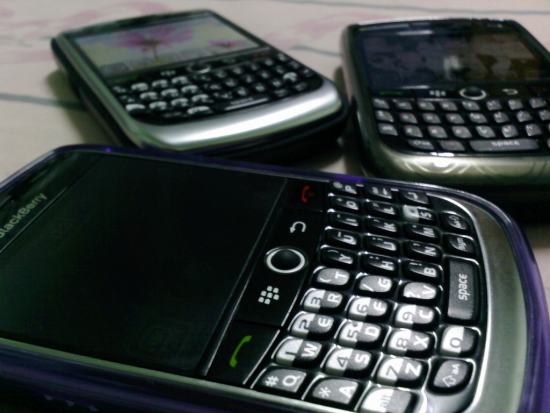BlackBerry — the trouble-hit Canadian smartphone maker — is putting the majority of its property holdings on the market in a bid to raise badly needed cash. The Ontario-based company said it plans to use a combination of vacant sales and sale-leaseback arrangements for the disposals, which total more than three million square feet of office and industrial floorspace.

In a brief press release the company said; “BlackBerry will not comment on the potential value of a sale and will disclose further information as required in connection with any definitive sale transaction.”
“This initiative will further enhance BlackBerry’s financial flexibility, and will provide additional resources to support our operations as our business continues to evolve.”
Shortly before Christmas, the University of Waterloo announced it had purchased five buildings and land from BlackBerry for $41m [£24.7m]. The university said it planned to use three of the buildings, while the remaining two would be leased to the smartphone maker for up to five years.
Of the real estate holdings for sale, 78.3 per cent are located in the Waterloo region of Ontario which, the company said, was “historically renowned as BlackBerry’s home base and the epicentre of much of the technological innovation developed by BlackBerry over the past 30 years.”
More than three-quarters of the properties for sale were built after 2000 with the rest only recently renovated or upgraded. The real estate holdings include:
“BlackBerry remains committed to being headquartered in Waterloo and having a strong presence in Canada along with other global hubs,” said chief executive officer John Chen. “This initiative will further enhance BlackBerry’s financial flexibility, and will provide additional resources to support our operations as our business continues to evolve.”
All the deals are being handled by CBRE. In an on-line Investment Opportunity brochure the commercial real estate company said: “The majority of the portfolio is either recently built or boasts significant renovations and upgrades and continues to be managed at an institutional level. The combination of meaningful cash flow coupled with exceptional vacant assets presents a landmark opportunity for an investor to acquire a dominant platform across some of Canada’s most important commercial real estate markets.”
BlackBerry pioneered the smartphone in 1999 and was the handset of choice for most executives and business people until its eclipse by Apple’s iPhone. Under its new CEO, the company has been working to reverse its falling sales and last month signed a five-year deal with a Taiwanese company that will offload much of its manufacturing costs.